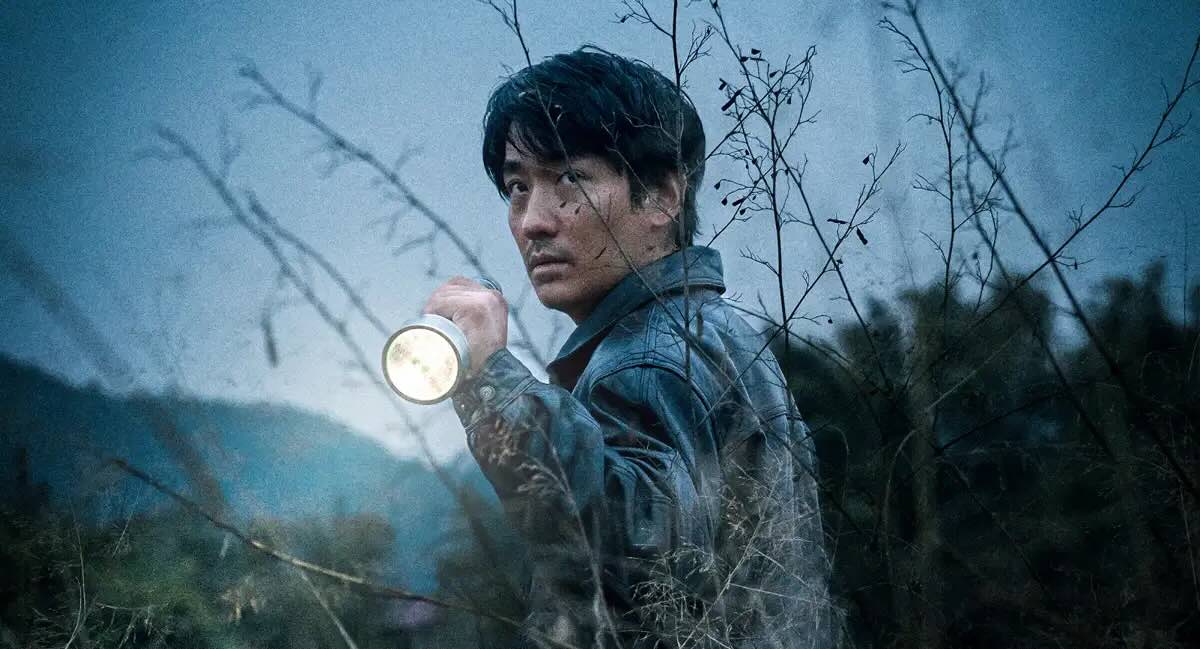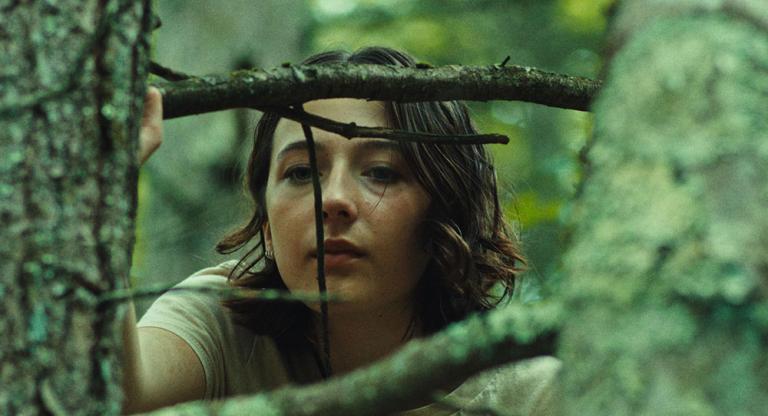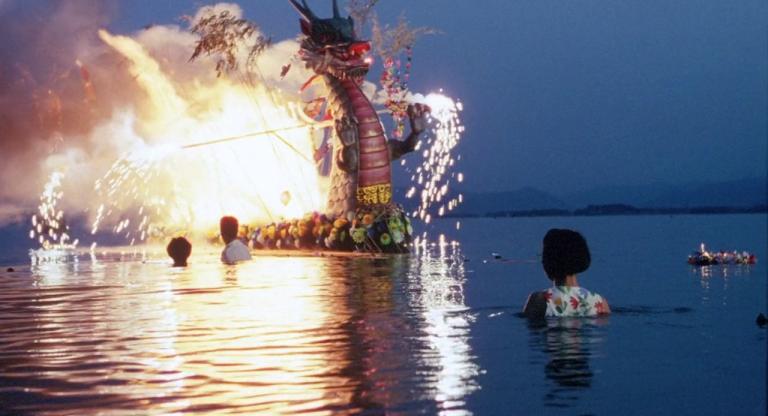In the span of just four years and three features, Wei Shujun has vaulted himself to the upper echelons of exciting young mainland Chinese directors. His feature-length directorial debut, Striding Into the Wind, was initially scheduled for a berth in the pandemic-cancelled 2020 edition of Cannes, and he returned to the festival the following year in the Directors' Fortnight selection with Ripples of Life. Both are loose films à clef about filmmaking, the former a light treatment of his frustrations in film school and the latter an ambitious omnibus of stories set in and around the preparations for a misbegotten location film shoot. Even given the differences in scale, they register as self-consciously sprawling works, running more than two hours and ruled by their characters' tempestuous emotions.
With Only the River Flows, Wei has unexpectedly pivoted in an entirely different direction. An adaptation of a novel by the legendary Chinese writer Yu Hua (most famous in cinema for penning the source material for Zhang Yimou's To Live, 1994), it quickly establishes itself as a relatively (by Wei's standards) tight 100-minute genre exercise. In Jiangdong Province circa 1995, the police investigator Ma Zhe (Zhu Yilong) finds himself at multiple crossroads: his wife is about to give birth to their first child; his unit is about to be moved into an abandoned movie theater, with the majority of the desks set up on stage; and he is up for a possible merit award. In the midst of this upheaval comes a mysterious series of murders, which in turn uncover revelations about the rural city's inhabitants that may or may not be related to the crimes at hand.
Like Wei's first two films, Only the River Flows relies less on strict plotting than a pervasive mood signaled by his characters’ dissatisfaction and simmering confusion at their respective circumstances. Unlike those works, that sensation is immediately invoked by Only the River Flows’s texture. Shot on 16mm—reportedly the first film shot on celluloid in mainland China in years—by Chengma Zhiyuan, the format is used both for the beautiful haze it lays onto the proceedings and its instant evocation of the time period and its contemporary policiers. As Ma Zhe trudges further into the murk of mystery, Wei's narrative unspools into a kaleidoscope of surreal and meta-cinematic images and motifs—ping-pong balls, tape recorders, burning film reels. The film’s resolution inevitably leaves many of these lingering threads unresolved, but what registers most is Wei's continually evolving vision of China's recent ways of living, which is entirely distinct from his prior films' generic concerns but just as beguiling.
Only the River Flows screens this Friday, August 16, and throughout the following week, at the Roxie, and at the Lark Friday through Sunday.





